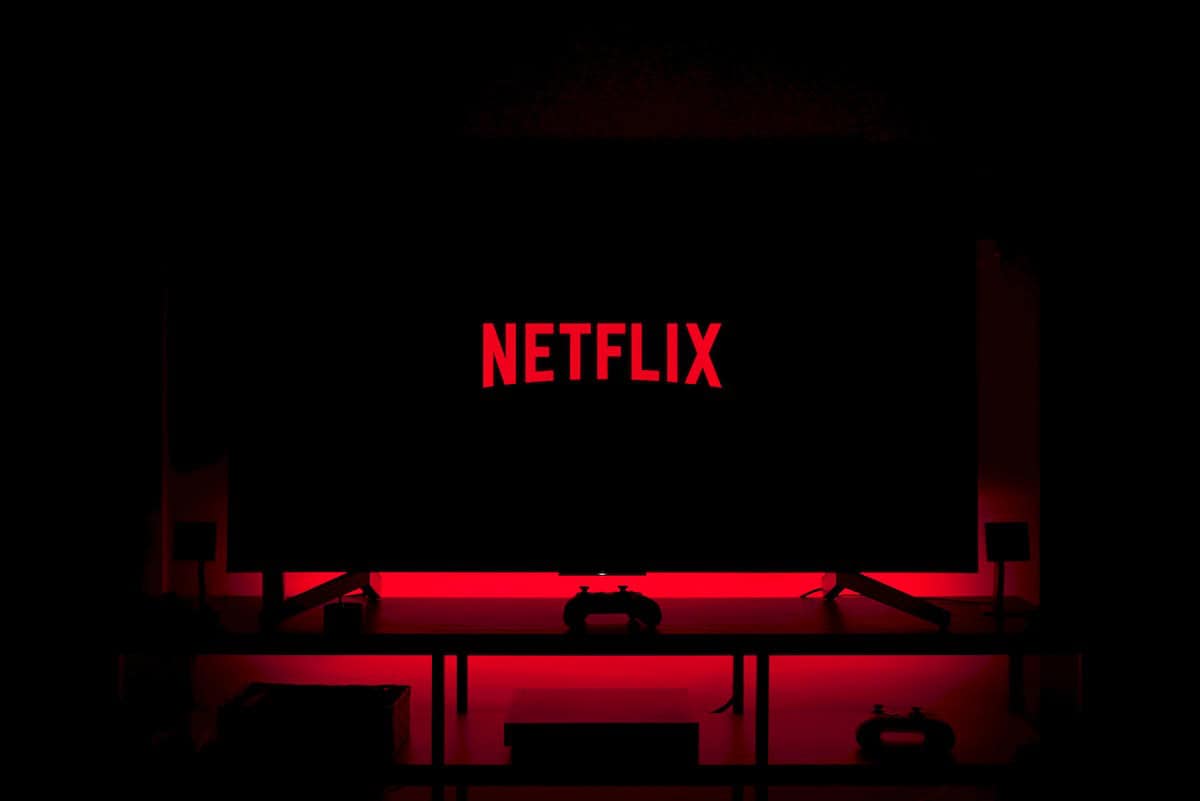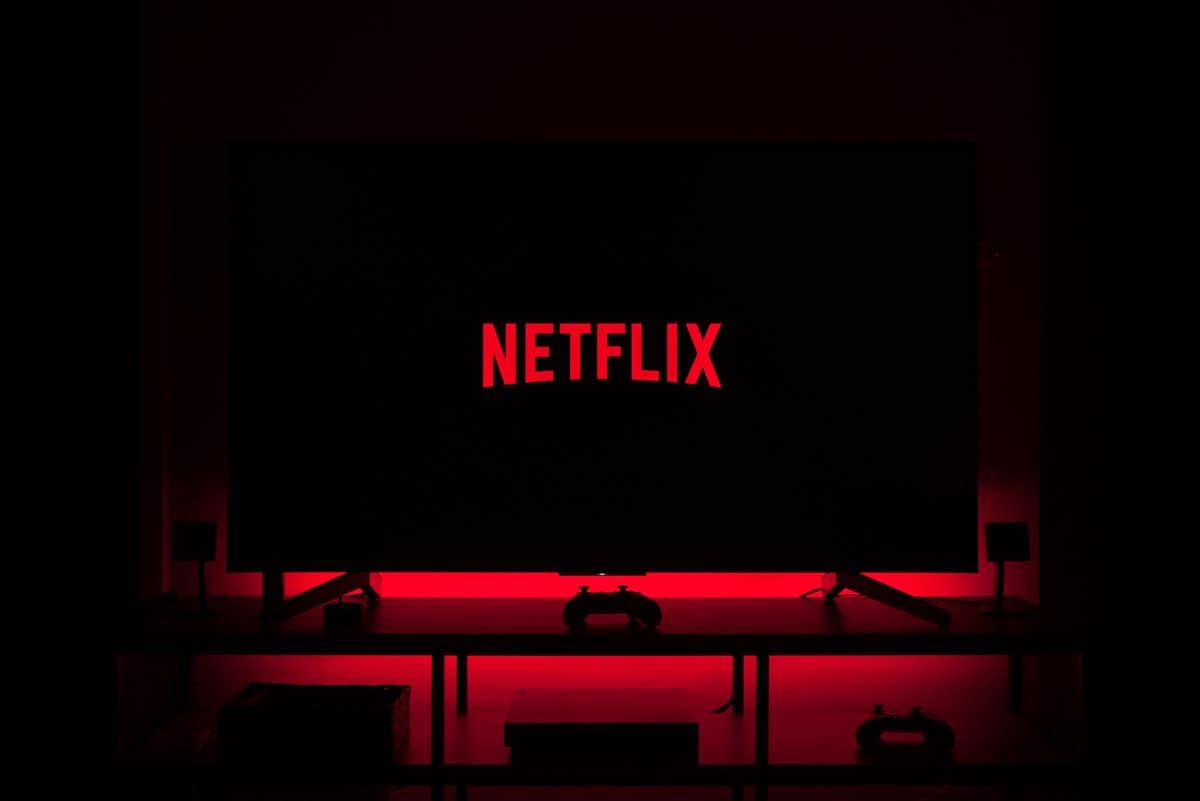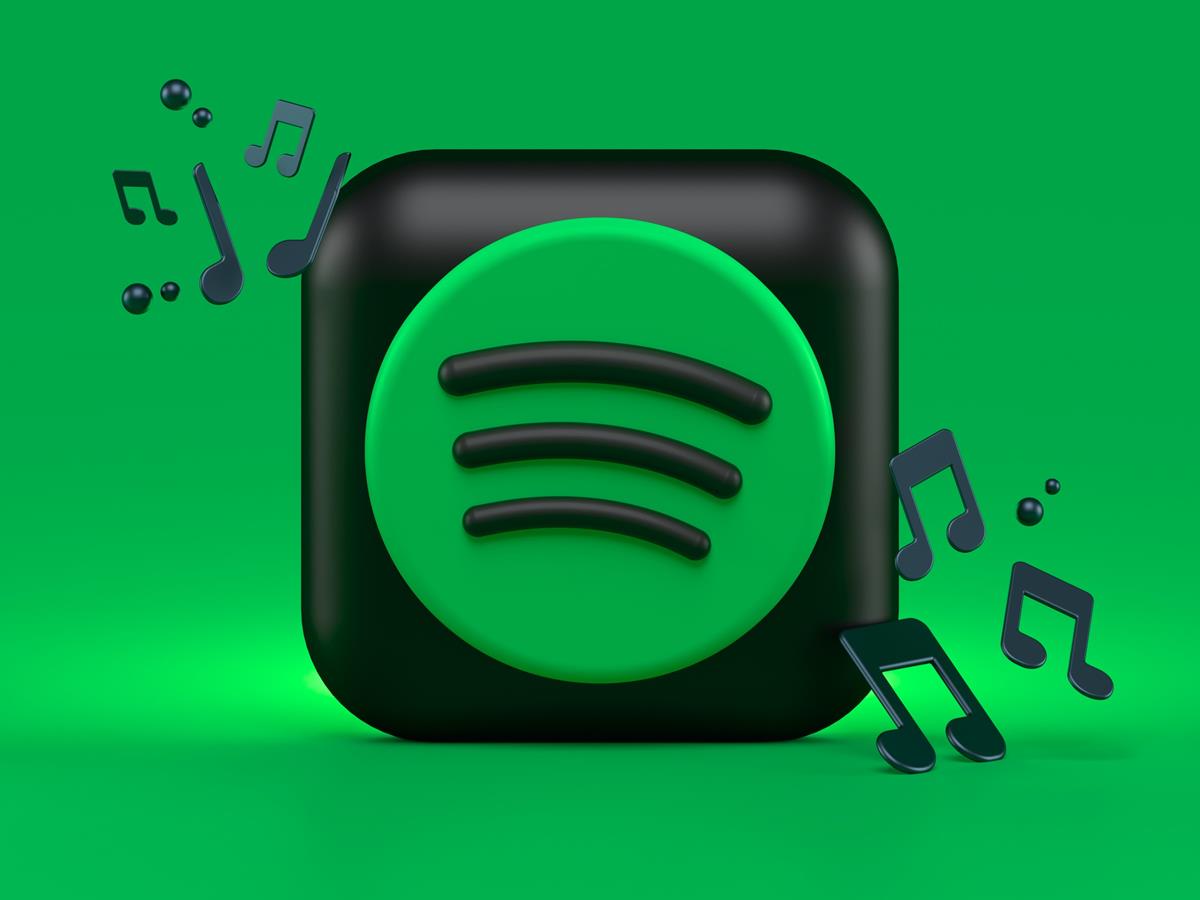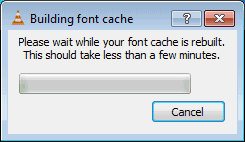Did online piracy really hurt music sales in 2011?
The digital music and video industries have been under increasingly scrutiny in recent weeks because of the US government's SOPA anti-piracy legislation. Now the UK's British Phonographic Industry (BPI) have released figures that prove piracy is to blame for all their woes... or does it?
The figures released today and reported by the BBC show that overall CD album sales were down 13% on 2010's figures to 86.2 million discs. The figures also showed that the sales of digital albums climbed 24% to a total of 26.6 million in the same period. The BPI said that the decline in album sales was the result of piracy, and they went on to blame the British government for not doing enough to tackle it.
Now you can't compare one percentage with another as both will have begun from a different base, so let's do some maths. A sales drop of 13% would have made 2010's CD album sales a total of 99.1 million and a rise of 24% in digital album sales would have made for total sales in 2010 of 21.4 million. This would make total album sales in 2010 120.5 million.
The BPI are claiming however that total album sales in 2011 of 112.8 which is only slightly down on the previous year is all due to piracy. Technically the BPI are correct but only in so far as overall sales are down. Banging their drum about piracy being the cause when online digital sales rose by a quarter (which frankly is a huge sales leap in any industry) just goes to show how behind the times the music and movie industries really are.
People having to tighten their budgets, or finding new ways to buy and consume their music is a much more likely explanation for the sales drop. The BBC said...
"People now buy the individual songs they like rather than buying the whole album because they like a single," said Philip Buxton, an independent digital media consultant. "So they might buy the single and then use services like Spotify and Lastfm to listen to the other tracks and are then much more selective about what they purchase. "The implication for the record industry is that they need to embrace this new model rather than fight it."
This reported 6% drop in overall sales will be seen by many as a smokescreen created by major multi-nationals who are feeling their pockets squeezed when they're not fully embracing the new ways that people want to consume their music and video. It's similar to the banks claiming to be hard done by after being bailed out by taxpayers worldwide, just ask the Occupy Wall Street protesters how they feel about that!
The BPI's Chief Executive, Geoff Taylor told the BBC "While other countries take positive steps to protect their creative sector, our government is taking too long to act on piracy, while weakening copyright to the benefit of the US tech giants."
Ultimately though SOPA has brought the whole issue of piracy and copyright theft back into the public consciousness and it's unlikely that the general public worldwide will be sympathetic. I may be wrong and you might disagree with me, but it's widely considered that the music and video industries are failing to keep up with the demands of consumers.
What are your views on this? Do you think that the music and movie companies are delivering content in the way that suits you best?
Advertisement




















I used to have hundreds of copied cassettes of copied albums. The issue has been going on for forty years. It’s old news that has climaxed. I listen to lots more music now because of file sharing BUT this means I have also purchased more music in the past few years than in the twenty years prior. And not one of these purchases has been from a major label. Not one.
The labels are stuck in an old paradigm. The whole mega-star, groupie thing is a dying model. It was simply unsustainable. The ones making the most noise are the fat cats whose jobs are at stake. Sales are down because folks aren’t finding anything purchase worthy.
Music fans are smarter, more educated and have more say-so with their dollars.
Small and lean is the future. Self-producing, self-releasing, self-marketing. Just because someone makes music and calls themselves an artist doesn’t in and of itself guarantee a paycheck. I think we are seeing an evolutionary leap in how music is made, heard and distributed. It will take some time to work itself out.
But those artists who develop a fan base and, more importantly, a relationship with that fan base, may just have a chance at making a living free and clear of too much bloat in the middle.
Check out some of the forums at, for example, discogs. You will find fans who know the music is freely available but consciously and gladly pay for artists’ releases, not out of guilt or fear of the thought poliice, but because they choose to in order that the artist will still be able to make music. I am one of them.
Upon the release of his album “Modern Times” in 2006
Bob Dylan had a few interesting things to say in a
Rolling Stone interview on the state of music.
Dylan decried the quality of CDs saying
“I don’t know anybody who’s made a record
that sounds decent in the past 20 years, really.”
“You listen to these modern records, they’re atrocious,
they have sound all over them. There’s no definition
of nothing, no vocal, no nothing, just like … static.”
In regards to the controversy over downloading music for free
Dylan said “Well, why not? It ain’t worth nothing anyway.”
Online piracy does not really hurt any artist unless they own their own label. Artists make money from touring, the songs they release actually just promote the tours. Record companies normally pay 7¢ per copy sold to song writers and producers. That amount was 5¢ per copy for what seemed to be forever. So if a song writer creates a song that sells 1 million copies the writer will get $70,000. The record label will make the money from the sell of the single and whatever album is sold which the song is on. So in comparison, a record label could make $10 million off a hot song whereas the writer makes $70k. The singer will make money off the tour. Whenever the song is used on the tour the label, writer and producer will get royalties. The amount the writer and producer gets from the song being used on the tour is 7¢ per ticket sold to the concert. So the writer essentially gets screwed again if you consider the cost of a concert ticket. But I don’t think the word “screwed” really is appropriate as many writers make a lot of money.
I think online piracy helps boost sales. Piracy gives a “choice” to consumers: do they pay or get an illegal copy? A consumer normally must be confronted with a choice before opening their wallet and pulling out a credit card. I think what the record labels are looking for is an additional revenue source with the online piracy fines. When sales slump they can collect fines from whoever the get a judgment against…plus they can flower up the litigation by saying they are protecting the artist.
Test post – having some problems.
Sorted it out, your post landed in the spam folder.
Ah! Cheers.
No notification that anything has gone wrong. lol
Sorry, I must have read a different article to you; the one I read didn’t mention stealing music 24×7.
Face it, it’s still difficult to purchase digital music at a *reasonable* price. iTunes and Amazon have made it easy – now they just need to work on the cost; I wanted to buy a 40 year old song the other day and it was a pound.
Now I know that isn’t much, but it’s a forty year old song. The artist is dead. Who is making the money? The record companies. They’ve well had their money out of that song. But they still charge more than the current No1 song.
Something is wrong somewhere.
(Sorry if this posts three times – not showing)
I personally think that the music industry still has not found a way into the 21st century. They are still not open to changing their outdated business model, and fail to realize that competition with movies, games and even smartphone apps has become more intense in recent years. People can spend their money only once.
And that’s not even taking into consideration the economy. Who is going to buy CDs when they have to sell their house because they cannot pay the mortgage anymore?
No, I don’t think that music industry delivers what I need. In fact most new music I got in 2011 was from Jamendo or Radio Blagon Scene Francaise free radio.
One of my favorite singers for years Toni Childs records her new album with donations and pre-sails “to make music industry history” – yes, she said it literally and continues to repeat.
Short answer: No. Bad music quality hurt music sales in 2011, not online piracy.
I have a friend who has severe disabilities. Besides not being able to walk, he cannot raise his arm to shake hands. He can only leverage it up on his elbow. Despite these disabilities, he plays the guitar and writes music. We put together a home studio to record his third album. After the first day of selling his disk, it was all over the net. We just cannot fight it, so now, we just give it away for free on the official site. We want to at least look as “benevolent” as all the nice pirates out there distributing his album for free. His album is in the Russian language which opens itself up to Russian piracy scourge. Just another story of the effects of piracy.
Concerning the drop in sales, have they not considered the economy? How many other businesses are suffering even more due to the down turn. When people are struggling to get by, a CD may be pretty low on the list. Or maybe they bought one disk over the two they would have bought otherwise. Considering the economy, it could be argued that the music industry is doing surprisingly well.
Short version: People are no longer forced to buy 12 tracks that are utter crap to get the 1 track they want to own. BPI lied. The record industry needs to improve quality if they don’t want sales to drop. Starting with Justin Bieber, they should shoot a few really bad “artists” and then embrace some good ones.
We can and do get along fine without their music. It is nothing anybody can’t do without and maybe they are going to find that out. SOPA = Corporate owned Government
“Banging their drum about piracy being the cause when online digital sales rose by a quarter (which frankly is a huge sales leap in any industry) just goes to show how behind the times the music and movie industries really are.”
But that rise might have been 50% or 100%.
Face it Mike, you sound behind the times yourself. Stealing music 24×7 is anti-social and harms artists.
@JJ Tell that to Nine Inch Nails or RaidoHead who released albums and make a killing on donations alone.
Or tell that to Luis C.K. the comedian who sold his latest comedy standup for 5$ a pop and made over a million on it.
You sir have no idea what you are talking about.
No I don’t think that the music and movie companies are delivering content in the way that is mutually beneficial to themselves and to the consumer. They are all about me, me, ME! They have had many years to work with the world’s technological intellect and come up with methods of distributing music and video in ways that could increase, rather than decrease, their profitability. Unfortunately, they do not play well with others and this could lead to them declining in misery rather than flourishing for generations.
For industries that get obscenely wealthy from the sensory creations of others, they sure do bleat a lot about said creations getting unlimited exposure to an audience that they could otherwise only dream about.
Typical music/entertainment industry response – “We don’t understand it, therefore we fear it”.
The biggest problem is that some of these companies will undoubtedly go under, the government, being as thick as them, will believe (Or be bribed/bullied into believing) that piracy is the problem and will punish the consumer for it.
I doubt they will ever understand online/digital sales but if they do it’ll probably be too late and there will have been another shift in the market and they’ll play catchup yet again.
Idiots. It would be laughable if they didn’t have so much sway with government ministers!